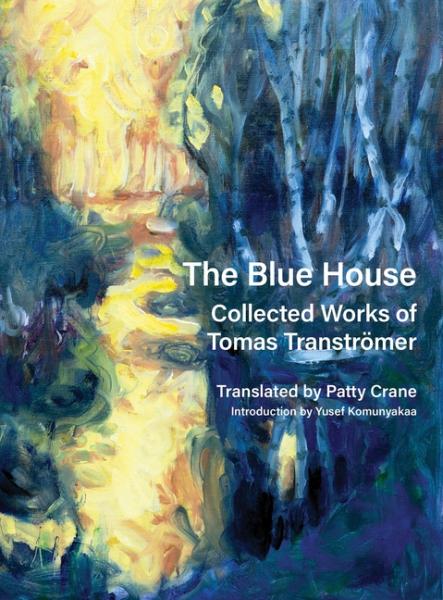Description
Nobel Prize-winner Tomas Tranströmer explores the personal and political, the ecological and existential, through poems that expand like the widening scope of a telephoto lens.
Subtle in politics and exact in imagery, the poems of The Blue House range from agile haiku to cinematic prose. Social phenomena are observed in rich detail--a "dictator's bust" presiding over a train car of doomed passengers--and the collection is propelled by empathy and curiosity. Under Tranströmer's watchful eye, no subject is overlooked: Milij Balakirev, the Russian composer; Nils Dacke, the Swedish peasant who led a rebellion against the king; and him, the stranger who forgets his name by the roadside. From the personal to the political to the existential, Tranströmer's poems act as a telephoto lens, granting us reinvigorated access to the world we live in.
Last updated on
Product Details
- Copper Canyon Press Brand
- Oct 31, 2023 Pub Date:
- 9781556596858 ISBN-13:
- 1556596855 ISBN-10:
- 536.0 pages Hardcover
- English Language
- 9 in * 1.75 in * 7 in Dimensions:
- 3 lb Weight:




